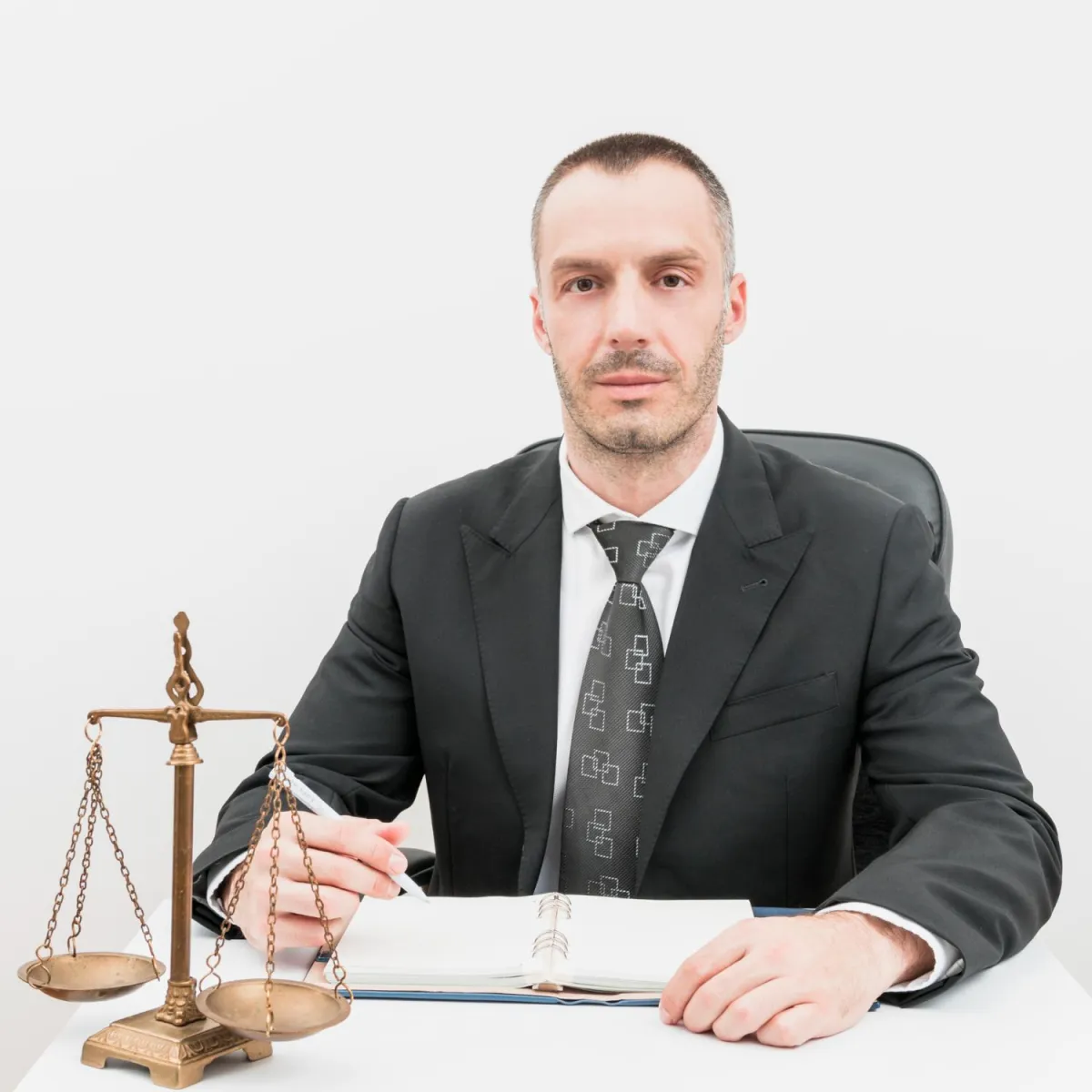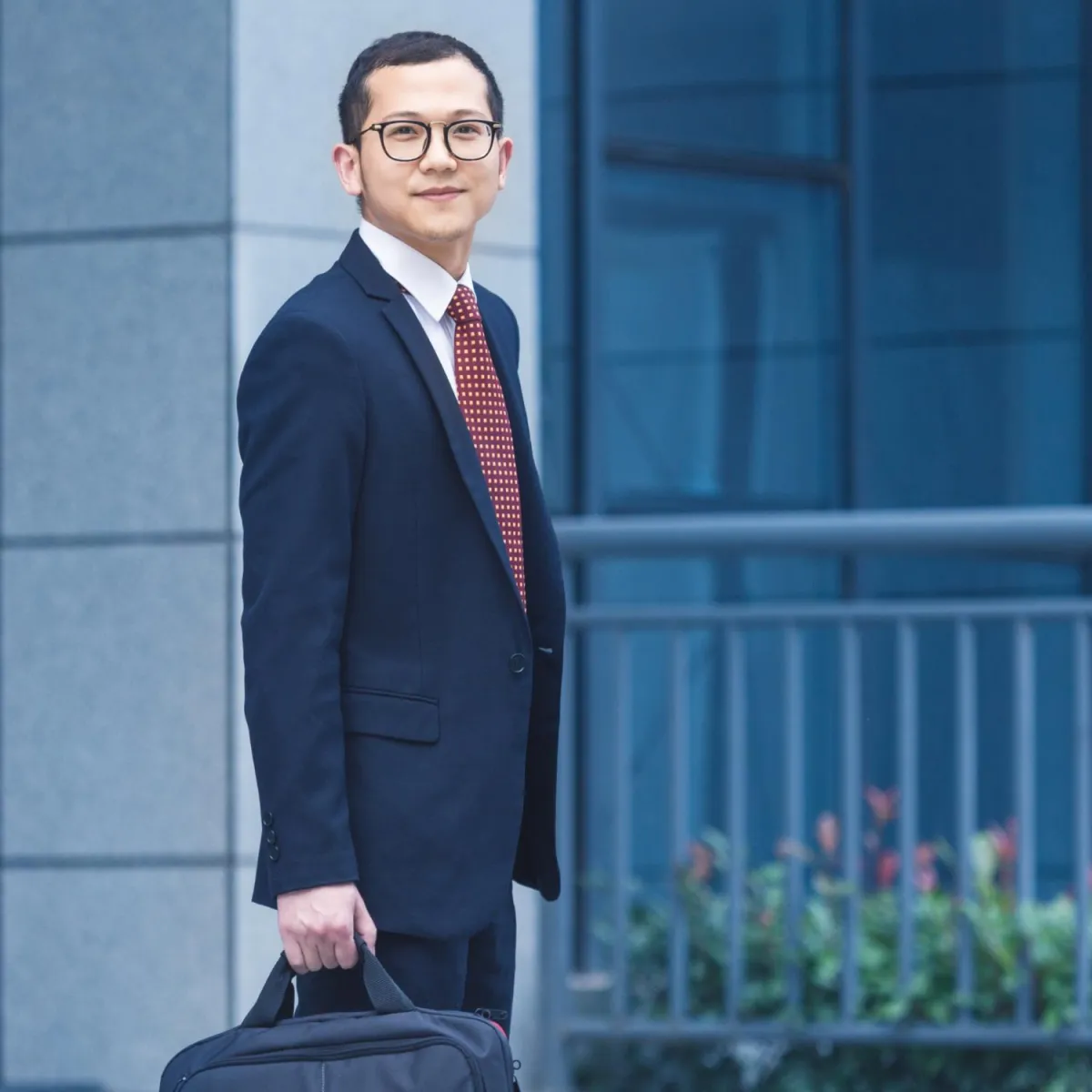WELCOME!
Trusted Asylum & Refugee Lawyers in Canada
Welcome to Asylum Lawyers Canada, your trusted legal partner in seeking protection, safety, and a new life in Canada. Our law firm is dedicated to providing professional, compassionate, and client-centered legal services in the field of Canadian asylum and refugee law.
📞 Need Legal Guidance Right Away?

for Instant Support on Your Asylum Claim.
📞 Contact: 416-841-7970 | 437-246-4073
MORE ABOUT US
At Asylum Lawyers Canada, we are committed to defending the rights of those seeking refuge and protection. We believe that everyone deserves a safe and dignified life, free from persecution, violence, or fear. Our mission is grounded in this belief—and it drives everything we do.
With years of experience navigating Canada’s complex refugee and immigration systems, our legal team is known for its deep expertise, strategic thinking, and compassionate approach. Whether you’re fleeing conflict, escaping harm, or facing deportation, we are here to stand by you and advocate for your future.
We take the time to truly understand each client’s unique story. Our lawyers go beyond technical representation—we offer personalized legal care, working closely with you at every stage of the process. From refugee claims and PRRA applications to detention reviews and appeals, we bring both skill and heart to your case.

Our Core Values
✅Compassion – We treat every client with empathy, dignity, and respect.
✅Integrity – We uphold the highest ethical standards in everything we do.
✅Excellence – We deliver first-class legal services with precision and professionalism.
✅Accessibility – We believe everyone deserves access to high-quality legal help, regardless of their background or means.
OUR SERVICES
High Quality Services
We offer a full range of legal services focused on asylum and refugee protection under Canadian law, along with additional immigration and legal support when needed.

Refugee Protection Claims (IRB)
We help you prepare and submit your refugee claim to the Immigration and Refugee Board of Canada (IRB), ensuring your Basis of Claim (BOC) Form and supporting documents present a strong, well-organized case. We represent you at your hearing and provide full legal support throughout the process.

Refugee Appeals (RAD & Judicial Review)
If your refugee claim is refused, you may have the right to appeal to the Refugee Appeal Division (RAD) or seek judicial review at the Federal Court. We handle appeals with precision and strategic advocacy.

Humanitarian and Compassionate (H&C) Applications
If you are not eligible for refugee protection but cannot return to your home country due to hardship, we can assist with an H&C application based on your personal circumstances, ties to Canada, and potential risks.

Pre-Removal Risk Assessments (PRRA)
If you are facing removal from Canada, we can file a PRRA application to demonstrate that you would be in danger if returned to your home country.

Immigration Detention Reviews
We represent clients who are detained by immigration authorities and seek release through the Immigration Division or Federal Court.

Protected Person Applications for Permanent Residence
We help successful refugee claimants apply for permanent resident status and reunite with family members under Canada’s refugee resettlement programs.

Other Legal Services (By Request)
While our main area of practice is refugee and asylum law, we may also provide general legal support for clients who require assistance with:
Temporary Resident Permits (TRP)
Legal Document Notarization
Inadmissibility Hearings
Immigration Appeals (Other than Refugee Appeals)
Professionals Team

Sutton Gilmore

Hannah Ali

Bruno Franco
FAQS
1. I'm afraid of being sent back. Can your law firm help protect me?
Yes, absolutely. If you fear persecution, violence, or serious harm in your home country, Canadian asylum law is designed to protect people like you. Our legal team works closely with you to prepare a strong refugee claim that highlights the risks you face if returned. We’ll gather evidence, guide you through your story, and represent you at every legal stage to give you the best chance of staying safely in Canada.
2. I don’t understand the asylum process in Canada. Can you explain it in simple terms?
Certainly. The process begins with submitting a claim for refugee protection, either at the border or inside Canada. Once accepted for processing, you’ll complete a Basis of Claim (BOC) form, attend an interview, and later have a hearing before the Refugee Protection Division. We handle all the legal paperwork, communicate with the Immigration and Refugee Board on your behalf, and help you prepare every step of the way—so you never feel alone or confused.
3. I don’t have proof of what happened to me. Will a lawyer still be able to help me?
Yes. While documentation can strengthen a case, it’s not always necessary. Many refugees flee quickly and can’t gather evidence. We work with what you do have—your words, medical reports, country conditions, or witness statements. We help you tell your story in a clear, consistent, and believable way that aligns with what's happening in your home country.
4. I feel overwhelmed and emotional. Can I trust your team with my story?
Yes, and we consider it a privilege to support you. Many of our clients have survived traumatic experiences. We’re trained to approach each case with compassion, patience, and confidentiality. We create a safe environment where you can share your story at your own pace. Your dignity and privacy are our top priorities.
5. How can hiring a lawyer increase my chances of success?
A refugee claim involves legal arguments, procedural deadlines, and detailed documentation. Our law firm ensures your case is legally sound and fully supported. We also prepare you thoroughly for your hearing so you’re not caught off guard. Studies show that applicants represented by legal counsel are significantly more likely to succeed in their claims than those who go through the process alone.
6. What happens if I make a mistake on my application?
Mistakes, even small ones, can delay your claim or lead to a refusal. That’s why working with a lawyer is so important. We make sure your forms are completed accurately, your story is consistent, and deadlines are met. If you’ve already submitted something with errors, we can often file corrections or provide explanations to help fix the issue before it becomes a bigger problem.
7. I’m already working with a consultant, but things aren’t going well. Can I switch to your firm?
Yes, you can. You have the right to choose your legal representative. If you feel your current consultant isn’t giving you the attention or support you need, we can take over your case, review everything that has been done so far, and get you back on track quickly and efficiently.
8. Do I need a lawyer at my refugee hearing?
You are allowed to represent yourself, but it’s not recommended. Refugee hearings can be complex and emotionally intense. Having a lawyer means you’ll have someone who knows the law, can advocate on your behalf, and protect your rights during the hearing. We also help you stay calm and confident when answering difficult questions.
9. Can you help me prepare for my refugee hearing?
Yes. We provide one-on-one coaching and mock hearing sessions to prepare you thoroughly. We’ll go over the kinds of questions the Board might ask, help you clarify your testimony, and guide you on how to handle emotional topics. This preparation can make a significant difference in your confidence and credibility during the actual hearing.
10. My claim was refused. Can you help me appeal the decision?
Yes. If your claim is denied, you may still have legal options. We can appeal to the Refugee Appeal Division or apply for a judicial review at the Federal Court. We’ll examine the reasons for refusal, identify any legal errors, and build a strong case for why the decision should be reconsidered.
11. How much does it cost to hire your law firm for an asylum case?
Our fees are based on the complexity of your case, but we’re always transparent about costs. In many provinces, Legal Aid is available for low-income applicants. We’ll help you apply for Legal Aid, and in some cases, we also offer payment plans. Our priority is to help you get the protection you need without unnecessary financial stress.
12. Can you still help me if I don’t speak English or French?
Yes. Language should never be a barrier to getting legal help. We arrange certified interpreters who can speak with you in your native language during meetings and hearings. We ensure you fully understand everything about your case and feel comfortable communicating your story.
13. Can I include my spouse or children in my asylum claim?
Yes. If your family is in Canada with you, they can be added as dependents to your claim. If they’re outside Canada, we can explore options to reunite you through family sponsorship or resettlement once your claim is approved. We work to keep families together and safe.
14. I’m in a shelter or temporary housing. Can I still get legal support?
Yes. Your location doesn't limit your access to legal help. We offer virtual meetings, phone consultations, and can even work through WhatsApp or email. Whether you're in a shelter, hotel, or remote area, our team will find a way to support you.
15. I’m LGBTQ+ and don’t feel safe going home. Will your firm understand my situation?
Yes. We have experience helping LGBTQ+ individuals who face persecution due to their identity. We understand the sensitivity of these cases and approach them with respect, cultural competence, and confidentiality. You can feel safe being open with us.
16. Can you help me get a work permit while I wait for my decision?
Yes. Once your refugee claim is referred to the Immigration and Refugee Board, you can apply for a work permit. We’ll help you complete and submit the necessary documents so you can support yourself and your family while you wait for a decision.
17. I have a removal order. Is it too late to ask for help?
It may not be too late. Depending on your situation, we can request a Pre-Removal Risk Assessment (PRRA), file an emergency stay, or explore other legal remedies. Time is critical—contact us immediately if you’ve been asked to leave Canada.
18. Can I apply for something else if I don't qualify for asylum?
Yes. If your asylum claim isn't an option, we may be able to apply for a Humanitarian and Compassionate (H&C) application. These are based on hardship, family ties, or risk of serious harm if you return. We'll assess all your options and find the best path forward.
19. I was refused asylum in the U.S. Can I still apply in Canada?
Possibly. Under the Safe Third Country Agreement, Canada usually doesn’t accept refugee claims from people who passed through the U.S.—but there are exceptions. For example, if you have family in Canada, are an unaccompanied minor, or meet other criteria, you may still qualify. We’ll review your case carefully and advise you accordingly.
20. Why should I trust your law firm with something so personal and important?
Because we care—and we’re experts in this area of law. At asylumlawyer.ca, we combine legal excellence with empathy. We don’t treat you like a case file; we treat you like a human being with a story that deserves to be heard. Our team is experienced, responsive, and committed to helping you find safety and stability in Canada.
Try Our Services Risk-Free
100% Satisfaction Guarantee
Start your journey with confidence. Book a consultation with our experienced asylum and refugee lawyers, and if you’re not fully satisfied with the process, we’ll refund your consultation fee in full. Our team is dedicated to providing compassionate, expert support for your asylum or legal needs.


OUR TESTIMONIALS
Client's Feedbacks
Facing a legal battle can be incredibly daunting, but Pokharel Law made me feel understood and empowered throughout the process. Their responsiveness and attention to detail were impressive, and they delivered results that changed my life.


